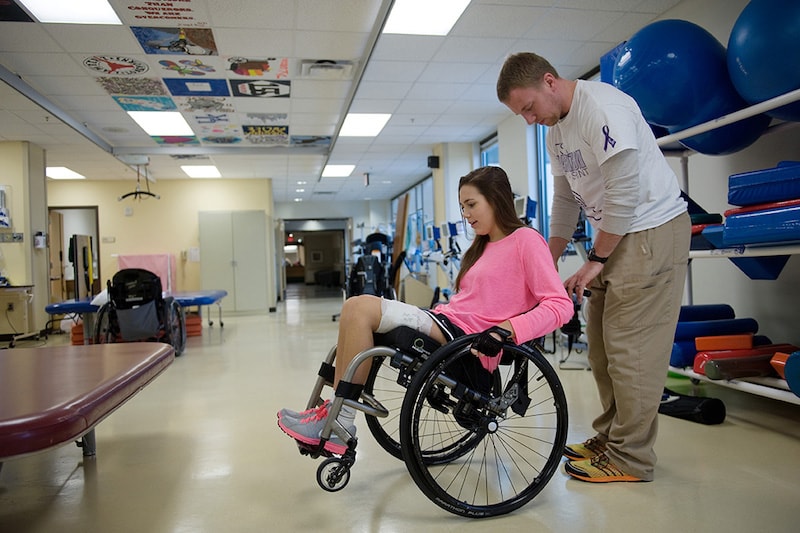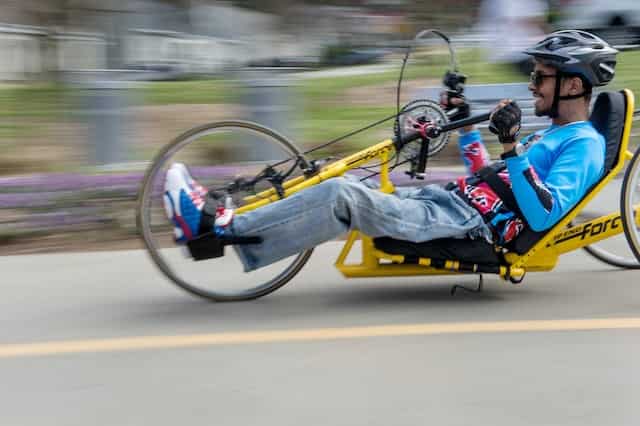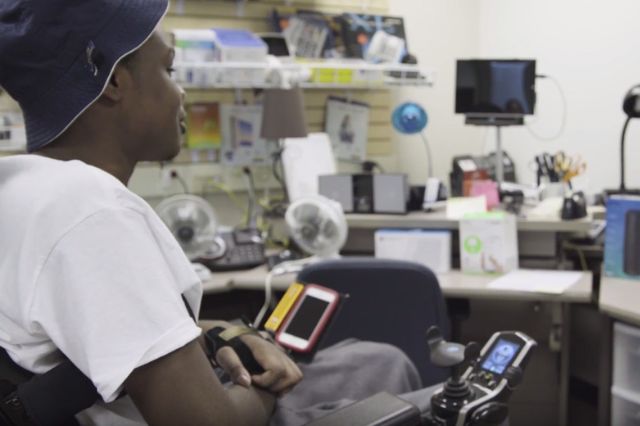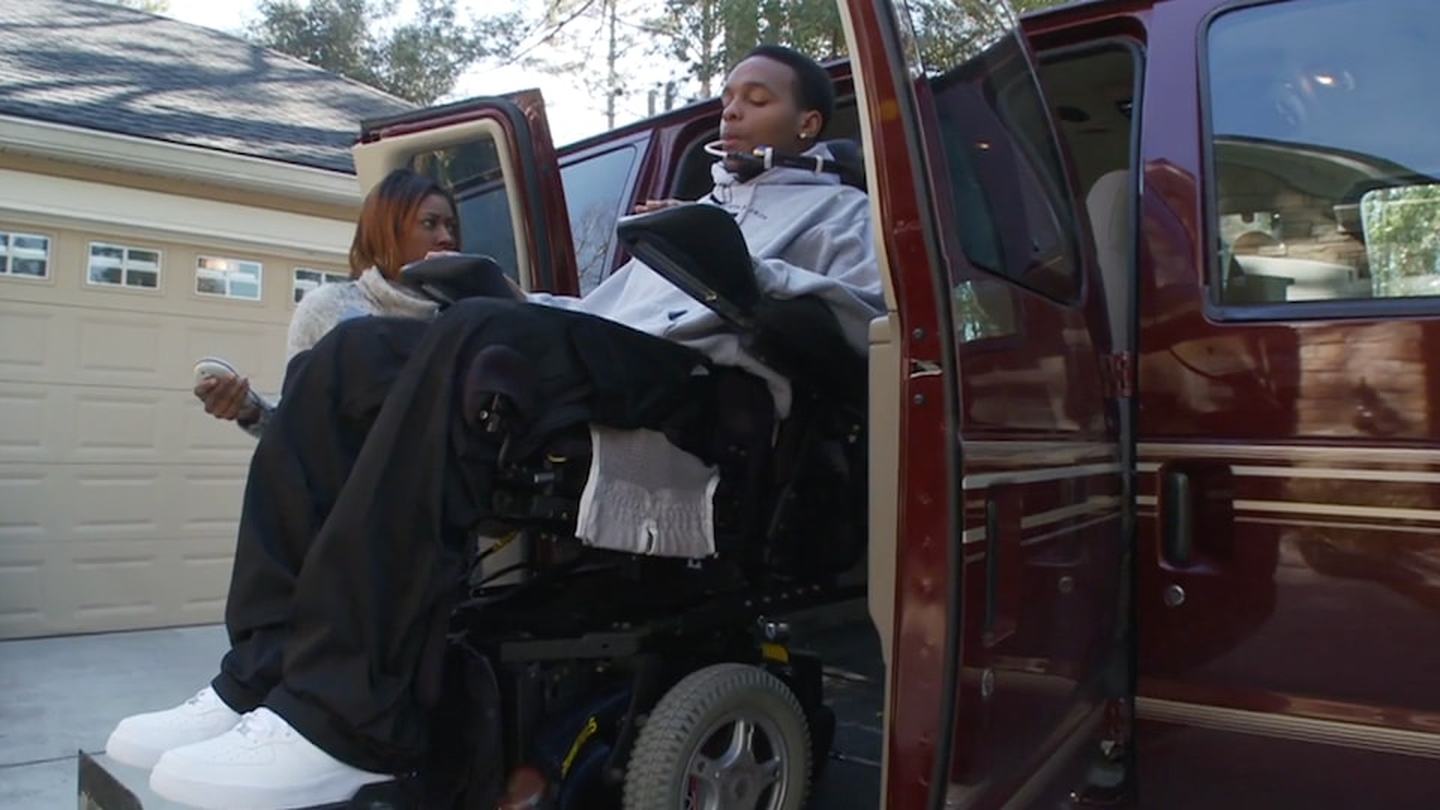How to Adapt to a Loss of Mobility
Coping with Mobility Loss After a Spinal Cord Injury
There is a lot to understand and comprehend when you or a loved one is adapting to a spinal cord injury and a loss of mobility. Often, there is a physical and emotional struggle. It is comforting to know that help and support are available, from spinal cord injury occupational therapy to specialized services, mobility medical equipment and more.
A loss of mobility doesn’t mean a loss of independence. Learn what you can do to make this challenging transition easier.

Ask for Help
A person who has experienced a spinal cord injury and is adapting to a loss of mobility will go through emotional stages, such as grief and mourning. It is also normal to experience denial, disbelief, sadness and anger before reaching acceptance. Everyone copes differently with these feelings and emotions.
It is important for patients, family members and friends to remember that adapting to a loss of mobility takes time, support and mobility therapy.
Initial help is available at Shepherd Center through a chaplain, or you may decide to talk to a religious leader at your own place of worship.
Private counseling and support groups are also available. Or you may choose to confide in supportive friends and relatives. Someone you know may be able to connect you with someone else who has experienced a spinal cord injury and adapted to a loss of mobility.
Get Mobility Medical Equipment and Modify Your Home
An occupational therapist will assess the need for mobility equipment and adaptations for your home if you or your loved one is having mobility problems. Mobility aids and spinal cord injury adaptive equipment will make it easier to accomplish daily activities around the home.
Mobility adaptations in the home may include:
- Handrails and grab rails
- Ramps for wheelchair access
- Stair lifts or wheelchair lifts
- Intercom for answering the door
- Widening of doorframes to allow for wheelchair access
- Fall and movement alarms or sensors
You may qualify for mobility support depending on your financial situation. It is best to check with local and state resources.
Access Resources for People with Disabilities
Many states have tax-funded offices that support people with disabilities. We recommend checking with your county and state to see if resources are available tp help you as you navigate a loss of mobility.
These resources may include the following:
- Online directories for personal care support
- Specialized transportation services
- Advocates who will make sure that workplaces follow the laws to help you or your loved one return to work
Understand Spinal Cord Injury
Learn more about adapting to the loss of mobility in our spinal cord injury educational video series.






